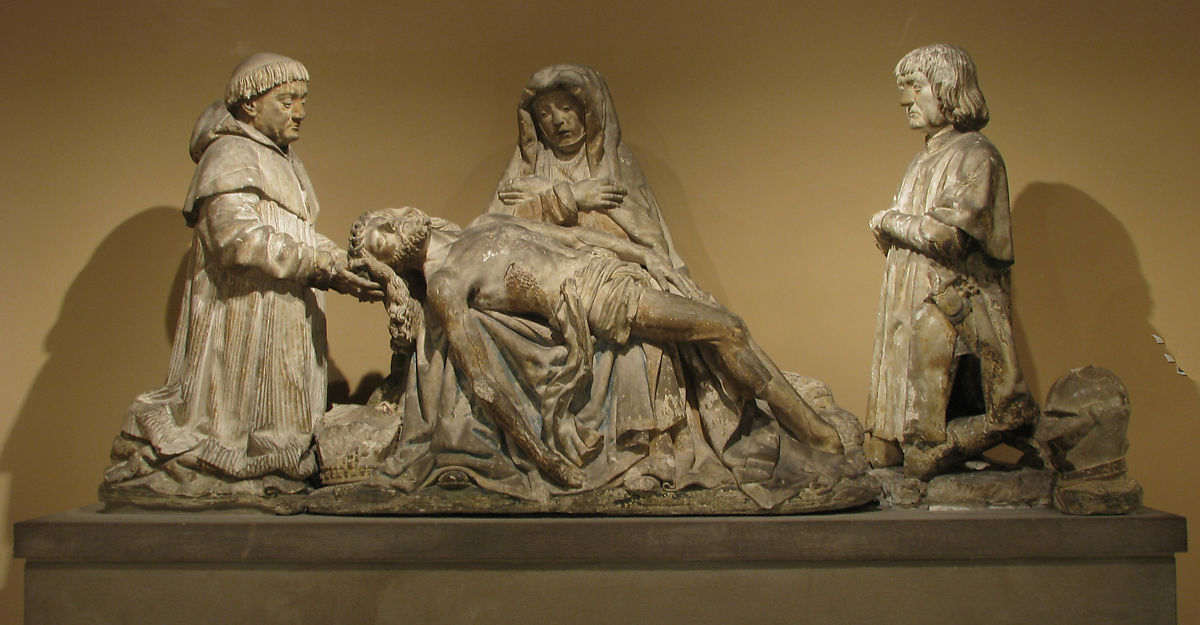De Profundis
by Christina RossettiOh why is heaven built so far,
Oh why is earth set so remote?
I cannot reach the nearest star
That hangs afloat.I would not care to reach the moon,
One round monotonous of change;
Yet even she repeats her tune
Beyond my range.I never watch the scatter'd fire
Of stars, or sun's far-trailing train,
But all my heart is one desire,
And all in vain:For I am bound with fleshly bands,
Joy, beauty, lie beyond my scope;
I strain my heart, I stretch my hands,
And catch at hope.
I find myself imagining Lent, especially Passiontide, as a time of reaching for things that are beyond me, and Rossetti captures this feeling quite well in “De Profundis.” The speaker of the poem is kept from the things that she is reaching at because she is unable to cross the distance between where she is and where she wants to be, whether it is heaven or the stars that she is reaching towards. Even the moon, the closest thing in the heavens, is beyond the reach of the speaker, a fact which frustrates her even though she does not want to reach for it. All that she can do, it seems, is want things that are beyond her, reach for them and never have them.
Each Lent, we set ourselves upon some kind of task, a Lenten discipline intended to form us to reach up for the cross of Christ. We give something up or take upon ourselves something extra in an attempt to prepare ourselves to celebrate Christ's death and resurrection at Easter. Within the space of a few weeks, I find that my Lenten discipline has fallen into the background of my life. The danger of a regular sacrifice, one that quickly becomes routine, is our willingness to dismiss the everyday as something that no longer requires thought or attention. We are interested in only the extraordinary, not the ordinary. And we become, just as the speaker of the poem is, dissatisfied with the ground, with what we can easily reach.
In the final days of Lent, we must remember that we have often fallen short of our expectations relative to our Lenten sacrifices. This is often because we have attempted to reach our goals entirely under our own power, turning Lent into an occasion for our own personal excellence (or lack thereof). The last stanza of the Rossetti's poem offers hope for us. Even as the poem ends, the speaker has not grasped the things that she has been seeking. Instead, she has latched onto a bridge that might be able to help her from where she is to where she wants to be. Whether or not she reaches the stars or the heavens, the speaker now has a hold on something that puts all her previous effort into context.
She embraces her mortality, her "fleshy bands," rather than seeking to pass beyond the mortal. In the closing days of Lent, in Passiontide, we turn our attention to the figure of the crucified Christ, the one who shows us that the path to heaven is through the cross alone.

